Let’s get something very important out of the way right from the start: the IRS does not require nonprofits to obtain audits except in rare circumstances.
However, certain state and federal government agencies do require audits on a more regular basis, depending on the size of your organization and your spending.
Just like with regular taxes, audits, and IRS-relations, things can get very confusing when it comes to the financial information of nonprofit organizations. Trying to figure out which forms you need to file and when you need to file them can be even more complicated for nonprofits since there are many different deadlines, requirements, and exceptions that differ from filing normal taxes. Add audit requirements to the list and you may feel like there’s no way you can keep everything straight.
That’s why this article will help guide you through everything you need to know about audits for nonprofits. You’ll learn the differences between IRS audits and audits from other government agencies, what organizations are required to obtain audits, the standard procedure and timeline for an audit, and how much an audit will cost your organization, as well as all the benefits an audit can bring.
IRS Audits
While IRS audits of nonprofit organizations are uncommon, they can still occur for a variety of reasons. Many websites report that the IRS does not require nonprofits to obtain audits regularly, which is true. However, those websites fail to discuss that the IRS does still have a review process for charities and other nonprofit organizations. These reviews can either be audits or compliance checks.
First, here are the reasons the IRS would require a review (either an audit or compliance check):
- The information provided on a filed return (such as any of the 990 forms) appears to be inconsistent or incomplete
- The IRS has received a complaint from the public or a federal or state agency regarding potential non-compliance by an exempt organization
- The Exempt Organizations Division completes an IRS-wide examination. These examinations are usually generated by the National Research Program
- If a certain return involves issues or transactions with other taxpayers. This includes business partners and investors
- An IRS program focused on matching documents identifies a discrepancy between information reported by a payor and payee, like on Forms 1099 or W-2
- Further review is needed for a claim for refund or request for abatement
Just like with normal tax returns, if there are discrepancies, inconsistencies, or incomplete information, then the IRS is interested in learning more. In this situation, the IRS wants more information about your organization and the business that you do by way of an audit or a compliance check.
If your organization has been selected for a review based on one of the above scenarios, then you will receive either a letter or phone call from the IRS Exempt Organizations (EO) Examinations.
Here are the differences between IRS audits and compliance checks for the review:
Types of Nonprofit Audits
There are two types of audits the IRS conducts:
Field audit (or examination) –
- An IRS agent visits the offices of an organization or wherever their books and records are kept
- A field audit is usually a general exam with one IRS agent, but there can also be a Team Examination Program audit, which is usually for large, complex organizations and involves a team of examiners
- This chart demonstrates the different steps involved in a field audit:
Office/correspondence audit (or examination)
- The other type of audit is an office or correspondence audit
- It is more limited in scope than a field audit and generally involves an IRS agent communicating with an organization via phone calls or letters
- A correspondence audit can turn into a field audit if the issues become more complex or if the organization does not respond
- This chart illustrates the steps involved in a correspondence audit:
According to the IRS, audits may include a review of:
- If an organization filed all their returns and forms on time
- If an organization’s returns and forms are all complete and accurate
- If the activities of an organization are consistent with its stated tax-exempt purpose
- Annual returns for the tax year under audit, as well as for previous tax years
- Employment tax returns
- Form 1099 series information returns
- Private foundation excise taxes
- Intermediate sanctions excise taxes (Code section 4958)
- Excise tax and information returns
- If any tax liabilities were properly paid. This could be for things such as employment taxes and unrelated business income tax
- If an organization complied with the disclosure requirements for its applications for exemption, for its Form 990 returns, and for its fundraising solicitations and events
Compliance Checks
- A compliance check, on the other hand, is not the same thing as an audit
- Compliance checks help determine if specific information has been reported properly, if the organization has questions about filing specific forms, or to ask questions about an organization’s activities
- They are simpler, less burdensome, and limited in scope compared to audits
- There are also compliance check questionnaires that the IRS gives out in order to better understand how organizations satisfy federal tax law requirements
- The IRS offers more information on compliance checks here
The IRS states that compliance checks may include the review of:
- If a nonprofit organization is adhering to the proper recordkeeping and information reporting requirements
- If a nonprofit organization’s activities are consistent with its stated tax-exempt purpose
An audit starts when the IRS makes initial contact and it continues until a closing letter is issued. A compliance check or compliance check questionnaire also starts when the IRS makes initial contact. Generally, the IRS issues a closing letter at the end of a compliance check, but not at the end of a compliance check questionnaire.
As mentioned before, an IRS audit of a nonprofit organization is fairly rare. However, they do still happen, so it is good to be aware of the possibility and everything the process entails. Knowing the reasons that organizations do end up getting audited by the IRS is important and can help instruct your organization on ways to operate properly in order to avoid ever being in that situation.
Independent Audits (non-IRS Audits)
Now that we’ve discussed IRS audits, it’s time to focus on another type of audit your organization may be subject to: independent audits.
These audits are more common than IRS audits and can occur for a number of reasons. Sometimes an independent audit is obtained because of a mandate from a federal or state agency and sometimes the audit occurs because a nonprofit organization decides they want a complete review of their financial recordkeeping.
When an Audit is Mandated
The IRS has nothing to do with independent audits. Instead, other federal or state agencies mandate audits for certain nonprofit organizations depending on several circumstances.
One circumstance where an independent audit is mandated relates to the spending of federal funds. One example of this comes from the federal Office of Management and Budget (OMB), which requires any nonprofit organization that spends $500,000 or more in federal funds in a single year to obtain something called a “single audit.” This single audit is to check for the organization’s compliance with federal grants management standards.
Another circumstance where a nonprofit organization may have to obtain an audit depends on the state in which that nonprofit is located. About ⅓ states require nonprofits to be audited if they solicit funds from the residents of their state and are over a certain annual revenue threshold.
As an example, the state of California requires annual audits for all nonprofit organizations in the state that have a gross income of $2 million or more. The revenue thresholds differ depending on the state, so be sure to check out this state chart to see what the audit requirements are in your state.
Figuring out if your organization is mandated to obtain an annual audit is an important step in your overall compliance with the guidelines and regulations for nonprofits. If your nonprofit is not required to obtain an audit, you may still consider doing so because of the benefits.
Benefits of an Audit
Whether your organization is obligated to obtain an audit or not, there are many positives that will help your nonprofit as it moves forward.
Here are the different benefits of an independent audit:
- Funding – Obtaining an audit will help your organization receive funding because certain funders, such as foundations, will only provide funding to your organization after they have received audited financial statements. This requirement also applies to certain banks and other potential lenders
- Transparency – Obtaining an audit will show your supporters and the general public that you are a legitimate and honest nonprofit organization. Even if your audit reveals issues, your organization will demonstrate its willingness to expose those issues and face them head-on
- Accountability – Obtaining an audit regularly will keep your organization accountable and help hold you to the highest standard when reporting your financial information. Over time, this will become a standard practice within your nonprofit
- Improvements – Obtaining an audit will show you the areas of your organization that may need improvement, which is okay! That’s the whole point of an audit, to learn about your practices and reporting. Use the information found in your audit to make improvements going forward
Now that you know the benefits of obtaining an audit, even if you are not required to, let’s focus on the important distinction between independent audits and the IRS audits mentioned earlier.
How is an Independent Audit Different From an IRS Audit?
The first major difference between an independent audit and an IRS audit is that you won’t have an IRS agent showing up at your organization’s offices. In an independent audit, you will select an independent auditor for the examination of your books. This person is normally a certified professional accountant (CPA) who your nonprofit will be paying for the audit.
The auditor you hire will conduct an independent investigation that will test the accuracy of your accounting records and internal controls. Once the audit is completed, the auditor will issue their report in a letter that will be attached to the front of your financial statements.
In this letter, the auditor will detail whether, in their professional opinion, your organization’s account records and financial statements accurately and fairly represent your nonprofit’s financial position according to generally accepted accounting principles (GAAP). A report free of issues means that you are keeping your records in an honest, responsible matter. If the auditor’s report highlights any issues, you should work to correct them as soon as possible.
Here is a more in-depth timeline for what an independent audit looks like:
Finding an Auditor (4-12 weeks)
- Once you’ve determined, whether by mandate or on your own, that you will be undergoing an independent audit, the first step is to find an auditor. This should be something that you discuss with your board members
- At this time, you should start your initial research into an independent auditor or auditing firm. Some useful resources you can go to for advice are your accounting firm (if you have one), other nonprofits, and, of course, the internet. Make a list of all viable options
- Next, find out more about your options for auditor and determine if they will be a good fit by asking them questions like:
- How many of their clients are nonprofits?
- How long do they anticipate the audit will take?
- What will the fee structure for the audit be?
- After narrowing down your options to a select few, the next step is to submit a request for proposal (RFP). This will provide you with more information about the auditor or auditing firm, such as references, description of the firm, fee structure, etc.
- You can view an RFP template here
- Now it is time to make your final decision. Based on your research and the RFPs, choose the auditor or auditing firm that you think will serve your organization the best
Preparing for the Audit (2-4 weeks)
- Now that you’ve selected an auditor, it’s time to prepare for your audit. In most cases, your auditor will send a Pull by Client (PCB) list that will tell you what information they are requesting. Having this documentation ready to go will help both your organization and your auditor throughout the entire auditing process
- Some of the common documents on a PCB list include: bank statements, copies of bank reconciliations, payroll information, investment statements, details of fundraising contributions received, schedule of prepaid items, invoices that have not yet been paid, schedule of accrued wages and vacation, and details of grants received
- If you are mandated to have an audit each year, be sure to keep all of this information in mind as you keep track of all your finances during the year. It will make everything much easier when it comes time for your audit
Conducting the Audit (2-4 weeks)
- During this time, your independent auditor will be reviewing all of the documentation they requested from you.
- At the end of the audit, they will submit a report in the form of a letter detailing any issues they found and any recommended actions to take for improvement.
Immediately After the Audit
- Once you receive your auditor’s report, don’t waste any time. If there are issues or actions you can take to improve your bookkeeping start making those changes right away and incorporate the recommendations of the auditor
- Additionally, you should add all of the relevant information from your audit to your organization’s Form 990 before you file it with the IRS. This will provide the IRS with the most up-to-date and complete information for your nonprofit
If your independent audit is mandated by a government agency and due by a certain date, you will want to keep this timeline in mind as you plan your audit. Make sure to give your organization enough time to complete the audit so you don’t miss the due date or have to file an extension.
Another important difference between an independent audit and an IRS audit is the cost. While your organization does not have to pay for an IRS audit, you will have to pay out of pocket for an independent audit. Audits generally range from $5,000-$10,000. If you have a small organization that is not mandated to obtain an annual audit, that amount of money may not be worth it. Luckily, there are several other options to review your organization’s information instead of a complete audit.
The first option is called a review. In a review, a CPA will examine your organization’s financial records, but not as thoroughly as a normal audit. They will then determine whether there are any modifications that should be made to your financial statements in order for them to conform with GAAP. The CPA will not share their opinion on whether or not your financial statements are in accordance with GAAP. A review will cost your organization around half as much as a regular audit. The key benefit of a review is that many funders will accept a review in place of an audit.
The second option is a compilation. With a compilation, an accountant compiles your financial statements from documentation you provide them. They do not audit or review the information, therefore making them unable to express an opinion on whether the statements comply with GAAP.
As with normal taxes and audits, nonprofit audits can be a very complicated, confusing subject. Whether your organization is undergoing an IRS audit, is mandated to obtain a yearly independent audit, or is not required to audit at all, this article presents you with what you can expect in each scenario. With this information, your organization should be better prepared for any auditing situation.
The most important things your organization can do are to determine whether or not you are obligated to obtain an audit every year and to practice proper financial recording methods. By doing these two things, your nonprofit will be prepared when and if an audit is required. Remember, even if an audit is not required, it can be a useful tool to learn more about your organization’s practices and allow you to make any necessary changes going forward.
By Dom Lincoln
.svg)


.svg)
.svg)
.svg)

.avif)

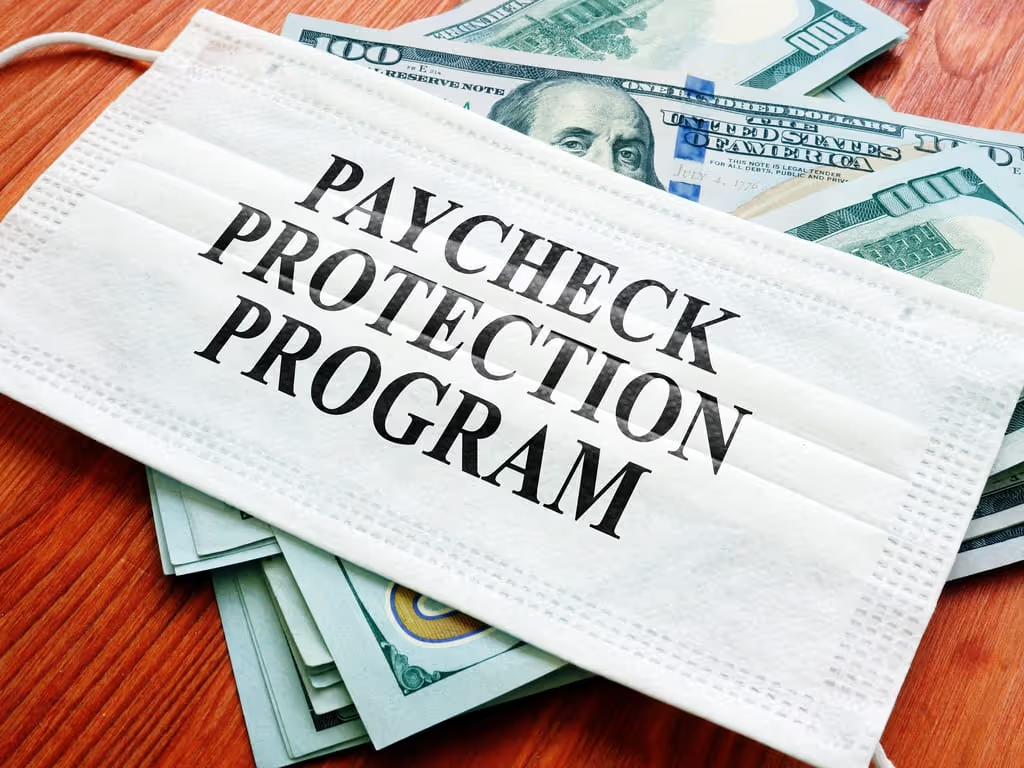






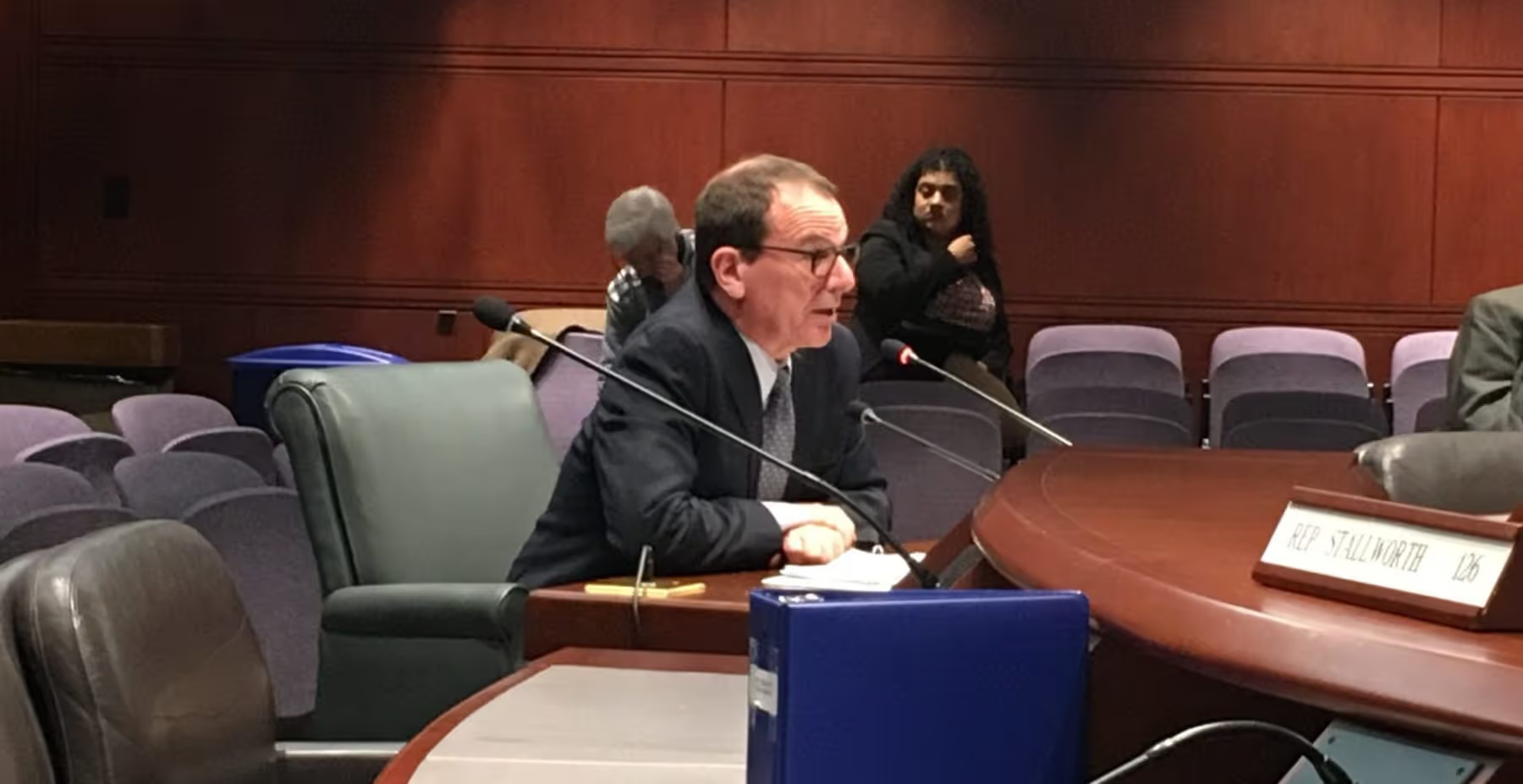








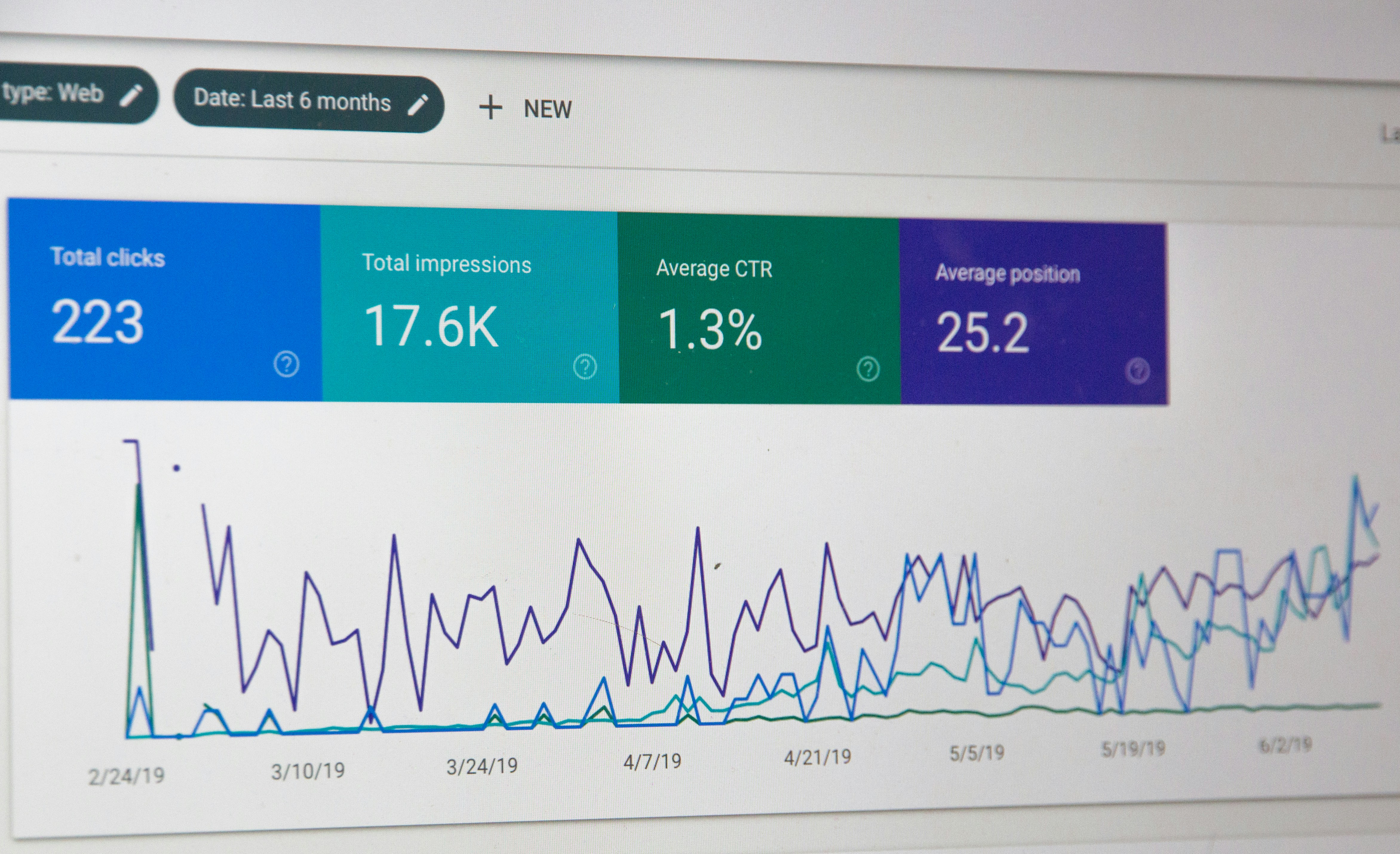












































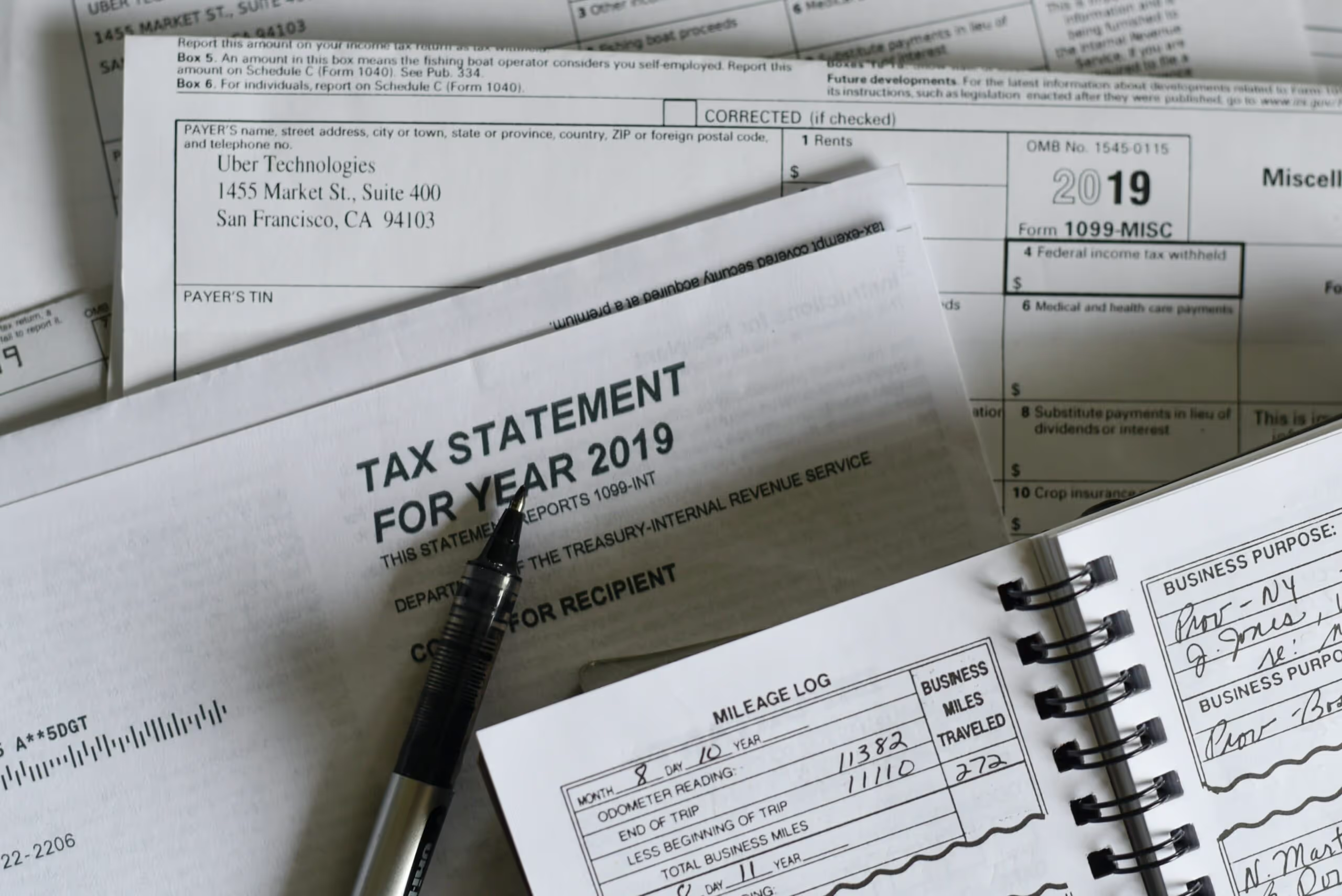







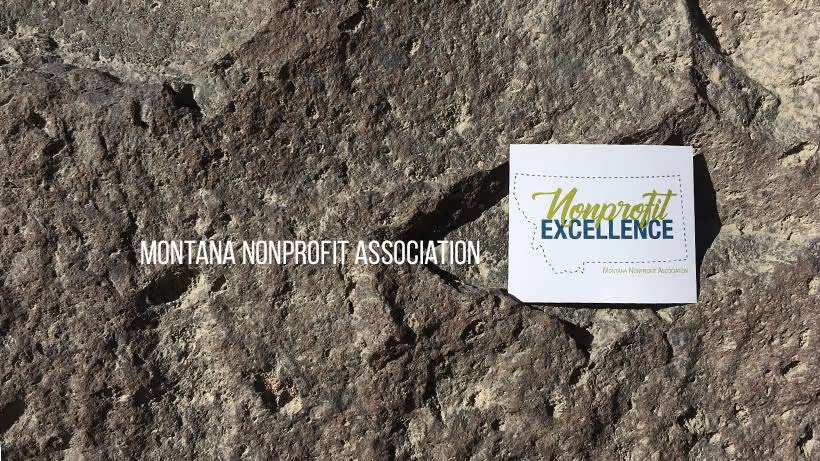











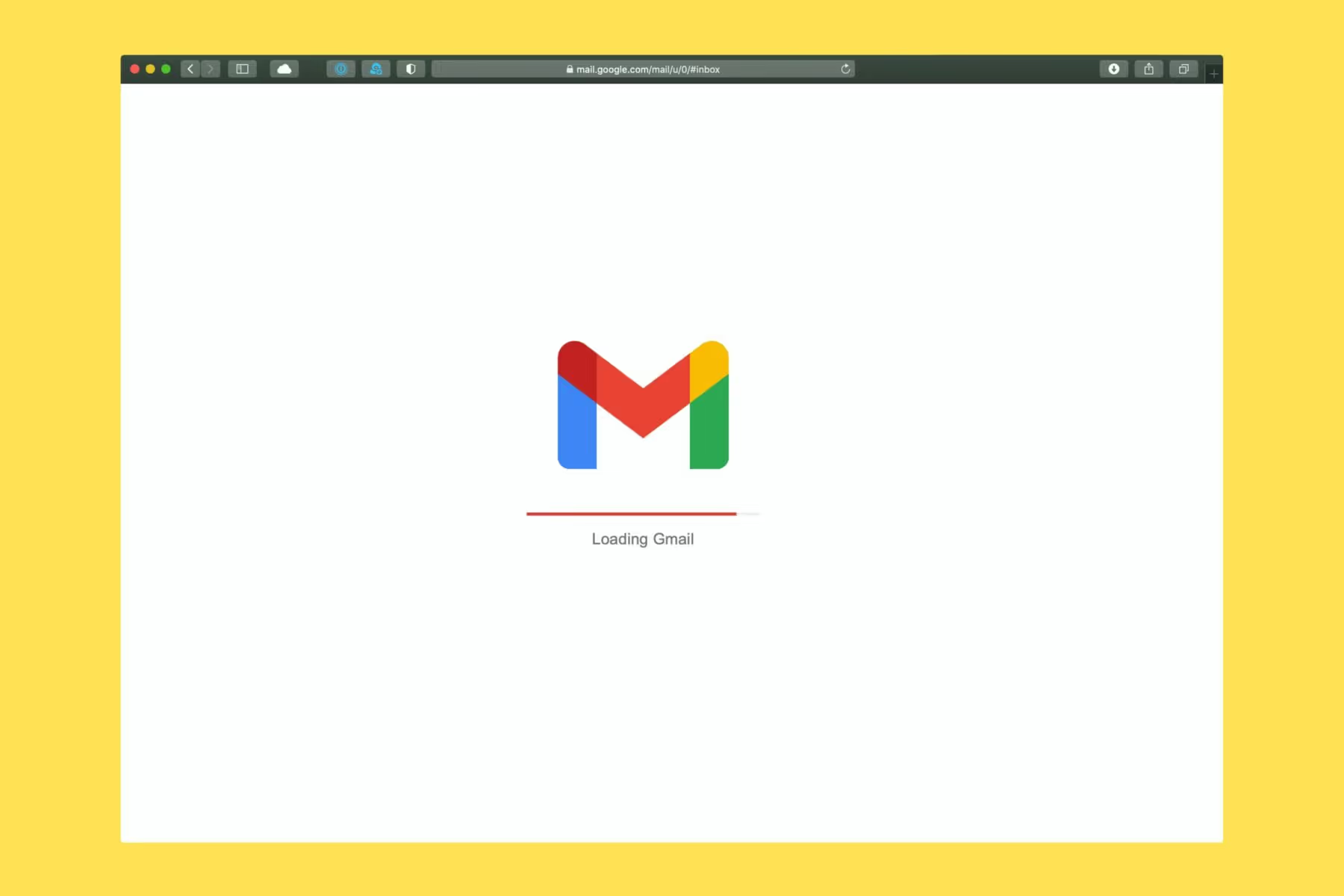









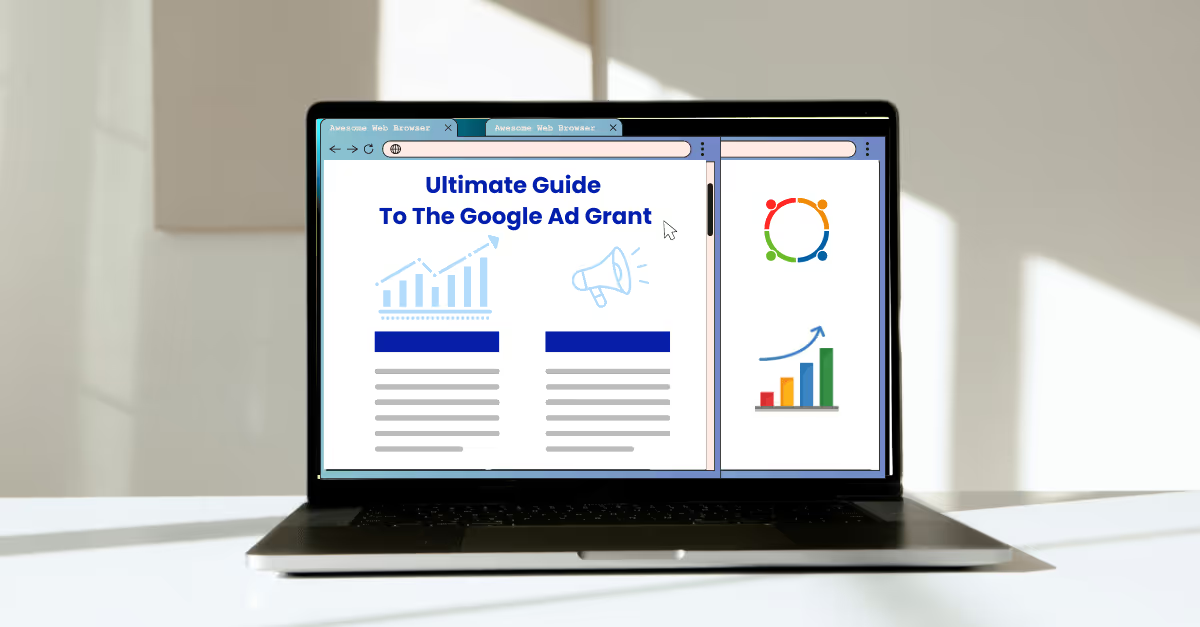











.svg)
.svg)
.svg)
.svg)